Filter by
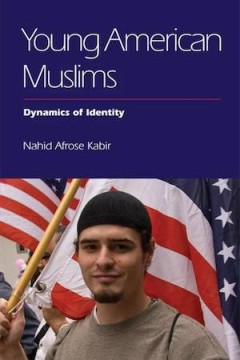
Young American Muslims
What is it like to be a young Muslim in America? Many young Americans cherish an American dream, 'that all men are created equal. And the election of America's first black President in 2008 has shown that America has moved forward. Yet since 9/11 Muslim Americans have faced renewed challenges, with their loyalty and sense of belonging being questioned. Nahid Kabir takes you on a journey into th…
- Edition
- -
- ISBN/ISSN
- 9780748669936
- Collation
- -
- Series Title
- -
- Call Number
- -

Nonsuch Palace The Material Culture of a Noble Restoration Household
Nonsuch in Surrey was Henry VIII's last and most fantastic palace. Begun in 1538, at the start of the 30th year of Henry's reign, the palace was intended as a triumphal celebration of the power and the grandeur of Henry VIII and the Tudor dynasty. The site was chosen for its fine countryside and hunting potential. The palace was ornately decorated with intricate Renaissance designs in carved an…
- Edition
- -
- ISBN/ISSN
- 9781789254396
- Collation
- -
- Series Title
- -
- Call Number
- -
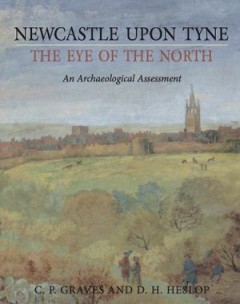
Newcastle upon Tyne, the Eye of the North An Archaeological Assessment
Newcastle upon Tyne is one of England’s great cities. Many think of it mainly as a product of the Industrial Revolution when abundant resources of coal, iron ore and water came together to create a Victorian industrial powerhouse. In fact, Newcastle’s long and proud history began in Roman times when Hadrian’s Wall marked the northernmost point of the Roman Empire.Newcastle became a thrivi…
- Edition
- -
- ISBN/ISSN
- 9781789258936
- Collation
- -
- Series Title
- -
- Call Number
- -
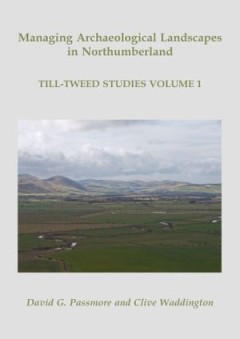
Managing Archaeological Landscapes in Northumberland Till Tweed Studies Volu…
The Till-Tweed river catchment areas in Northumberland contain outstanding archaeological and palaeoenvironmental remains which have been in general only poorly understood. This study has assembled detailed data that will provide a platform for future landscape-based research and site-based investigation. Written from a landscape, or geoarchaeological perspective, this study develops a methodol…
- Edition
- -
- ISBN/ISSN
- -
- Collation
- -
- Series Title
- -
- Call Number
- -
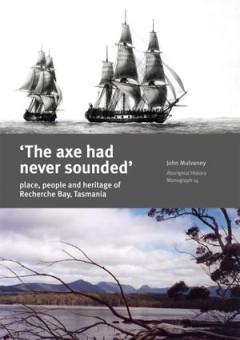
‘The axe had never sounded’ : Place, people and heritage of Recherche B…
‘This book meets well the triple promise of the title – the inter-connections of place, people and heritage. John Mulvaney brings to this work a deep knowledge of the history, ethnography and archaeology of Tasmania. He presents a comprehensive account of the area’s history over the 200 years since French naval expeditions first charted its coastlines. The important records the French off…
- Edition
- -
- ISBN/ISSN
- 9781921313219
- Collation
- -
- Series Title
- Aboriginal History Monograph 14
- Call Number
- 994.62 MUL a
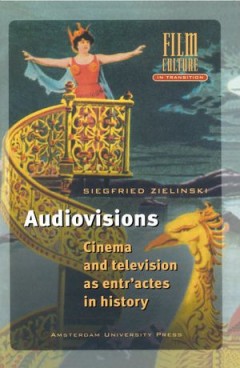
Audiovision : Cinema and television as entr'actes in history
The production, distribution, and perception of moving images are undergoing a radical transformation. Ever-faster computers, digital technology, and microelectronic are joining forces to produce advanced audiovision -the media vanishing point of the 20th century. Very little will remain unchanged. The classic institutions for the mediation of film - cinema and television - are revealed to be n…
- Edition
- -
- ISBN/ISSN
- 9789053563137
- Collation
- -
- Series Title
- Film culture in transition
- Call Number
- 791.43 ZIE a
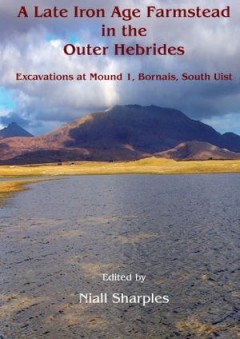
A Late Iron Age farmstead in the Outer Hebrides Excavations at Mound 1, Born…
The settlement at Bornais consists of a complex of mounds which protrude from the relatively flat machair plain in the township of Bornais on the island of South Uist. This sandy plain has proved an attractive settlement from the Beaker period onwards; it appears to have been intensively occupied from the Late Bronze Age to the end of the Norse period. Mound 1 was the original location for sett…
- Edition
- -
- ISBN/ISSN
- 9780000000901
- Collation
- -
- Series Title
- -
- Call Number
- -
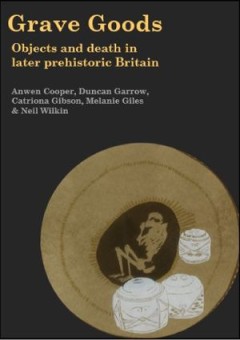
Grave Goods Objects and Death in Later Prehistoric Britain
Britain is internationally renowned for the high quality and exquisite crafting of its later prehistoric grave goods (c. 4000 BC to AD 43). Many of prehistoric Britain's most impressive artefacts have come from graves. Interred with both inhumations and cremations, they provide some of the most durable and well-preserved insights into personal identity and the prehistoric life-course, yet they …
- Edition
- -
- ISBN/ISSN
- 9781789257489
- Collation
- -
- Series Title
- -
- Call Number
- -
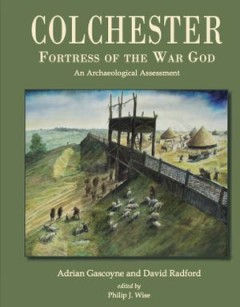
Colchester, Fortress of the War God An Archaeological Assessment
This volume is a critical assessment of the current state of archaeological knowledge of the settlement originally called Camulodunon and now known as Colchester. The town has been the subject of antiquarian interest since the late 16th century and the first modern archaeological excavations occurred in 1845 close to Colchester Castle, the towns most prominent historic site.The earliest signifi…
- Edition
- -
- ISBN/ISSN
- 9781789258929
- Collation
- -
- Series Title
- -
- Call Number
- -

The City by the Pool Assessing the Archaeology of the City of Lincoln
This volume offers a new and up-to-date synthesis of Lincoln's long history as a major city and regional capital, from prehistory to 1945. The 'City by the Pool' was a major religious centre long before the Roman invasion and from bronze-age shamans to early Baptists people have always been attracted here for spiritual as well as mundane purposes. The authors argue for the presence of a major r…
- Edition
- -
- ISBN/ISSN
- 9781789254389
- Collation
- -
- Series Title
- -
- Call Number
- -
 Computer Science, Information & General Works
Computer Science, Information & General Works  Philosophy & Psychology
Philosophy & Psychology  Religion
Religion  Social Sciences
Social Sciences  Language
Language  Pure Science
Pure Science  Applied Sciences
Applied Sciences  Art & Recreation
Art & Recreation  Literature
Literature  History & Geography
History & Geography